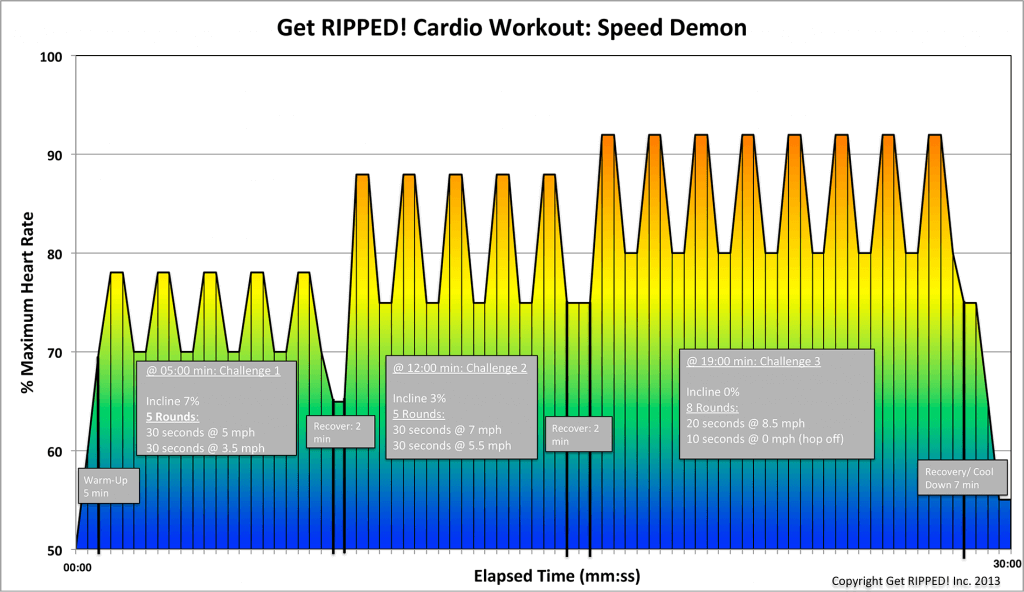Blog
Gut Health And Probiotics
If you watch much television, you’ve probably seen at least one commercial for a product containing probiotics. Exactly what are they? Most of the commercials focus on how probiotics are beneficial for gut health and can help relieve problems that range from diarrhea to constipation. Probiotics are good bacteria, the friendly ones that help our digestive system work properly.
Does everyone need to supplement them?
The answer is no. If you already have healthy bacteria, it’s not necessary to supplement. However, for people that have recently taken antibiotics or who have other problems, they could be of benefit. Let’s start with antibiotics. The very name means against life. While some may be better at killing certain types of bacteria, even beneficial bacteria are affected when you take an antibiotic. That’s why doctors often recommend eating yogurt or other probiotic when taking an antibiotic, to replenish the beneficial bacteria.
People with certain conditions may also benefit from probiotics.
If you have Crohn’s disease, irritable bowel or inflammatory bowel disease, or ulcerative colitis, you may benefit from probiotics. People who have yeast infections, certain urinary tract infections and those with eczema or other similar skin conditions may also benefit. A recent study showed that probiotics may also be beneficial for people with lactose intolerance, allergies, asthma and in children, those with respiratory infections. People that suffer from inflammation problems that can occur with conditions like rheumatoid arthritis also benefit.
As mentioned previously, probiotics aren’t for everyone.
If you like probiotic food, like sauerkraut, kimchi or yogurt, there’s no harm in eating it even if you have a healthy microbiome. However, there are some cases where probiotics won’t help and may even cause further distress. Some people have an allergic reaction. People with a weak immune system should also be cautious and always discuss the issue with their health care professional. If you’ve had recent surgery, are critically ill or have a problem with your immune system, there is some evidence that probiotics may cause side effects or even a serious infection.
- If you want to boost your healthy bacteria, consider prebiotics. Prebiotics provide the fiber that feeds the healthy bacteria. Prebiotics include food like onions, garlic, oatmeal, beans and bananas.
- Another reason you may have a problem with an unhealthy gut microbiome is your diet. If you’re eating primarily processed food that contains no fiber, you’re not feeding the healthy bacteria. A diet high in sugar feeds the yeast, which can overpower the healthy bacteria.
- If you’re supplementing with probiotic food or pills, make sure the supplement contains live bacteria. Yogurt normally has that fact right on the label.
- Probiotics are beneficial for many systems, besides gut health. Friendly bacteria help break down food to nutrients we can use. They also create enzymes that act like messengers to our brain for various functions.
For more information, contact us today at Get RIPPED!


